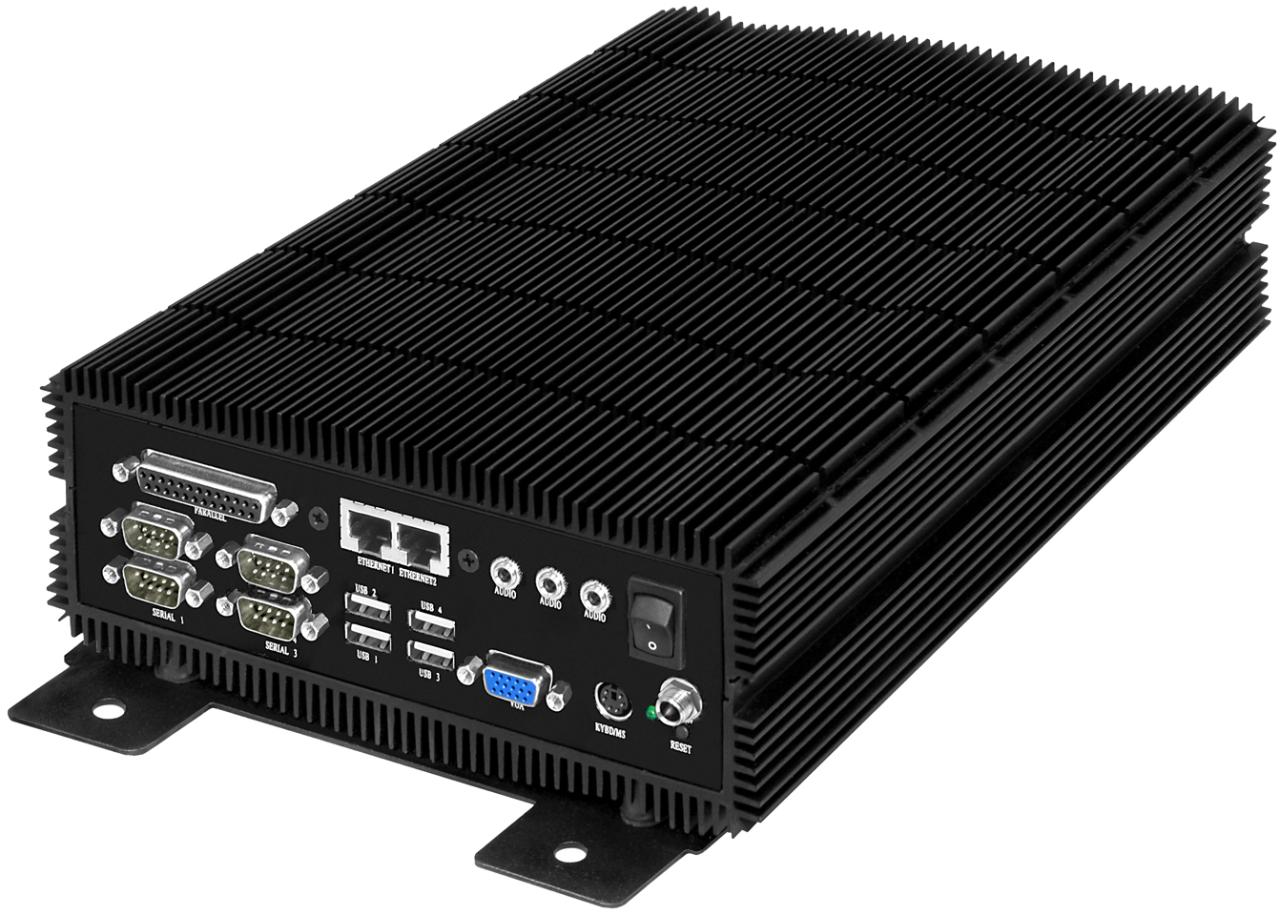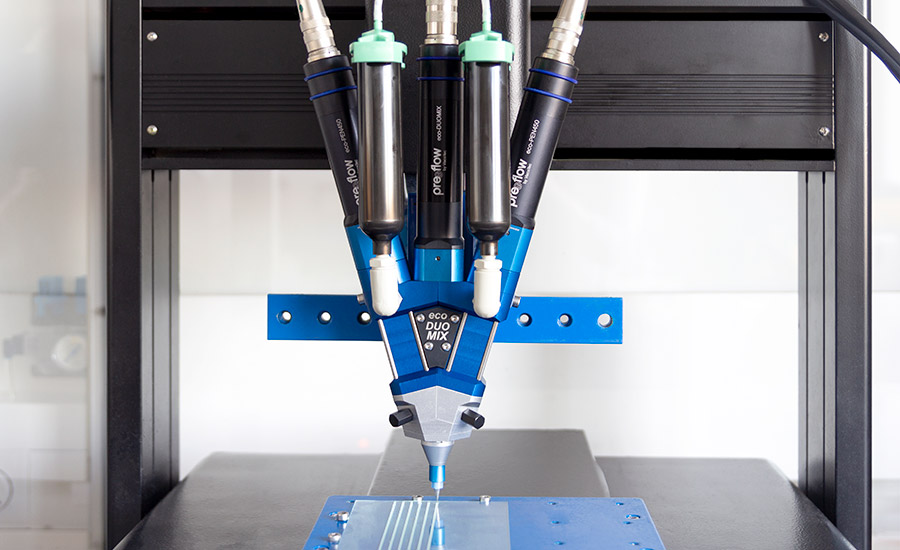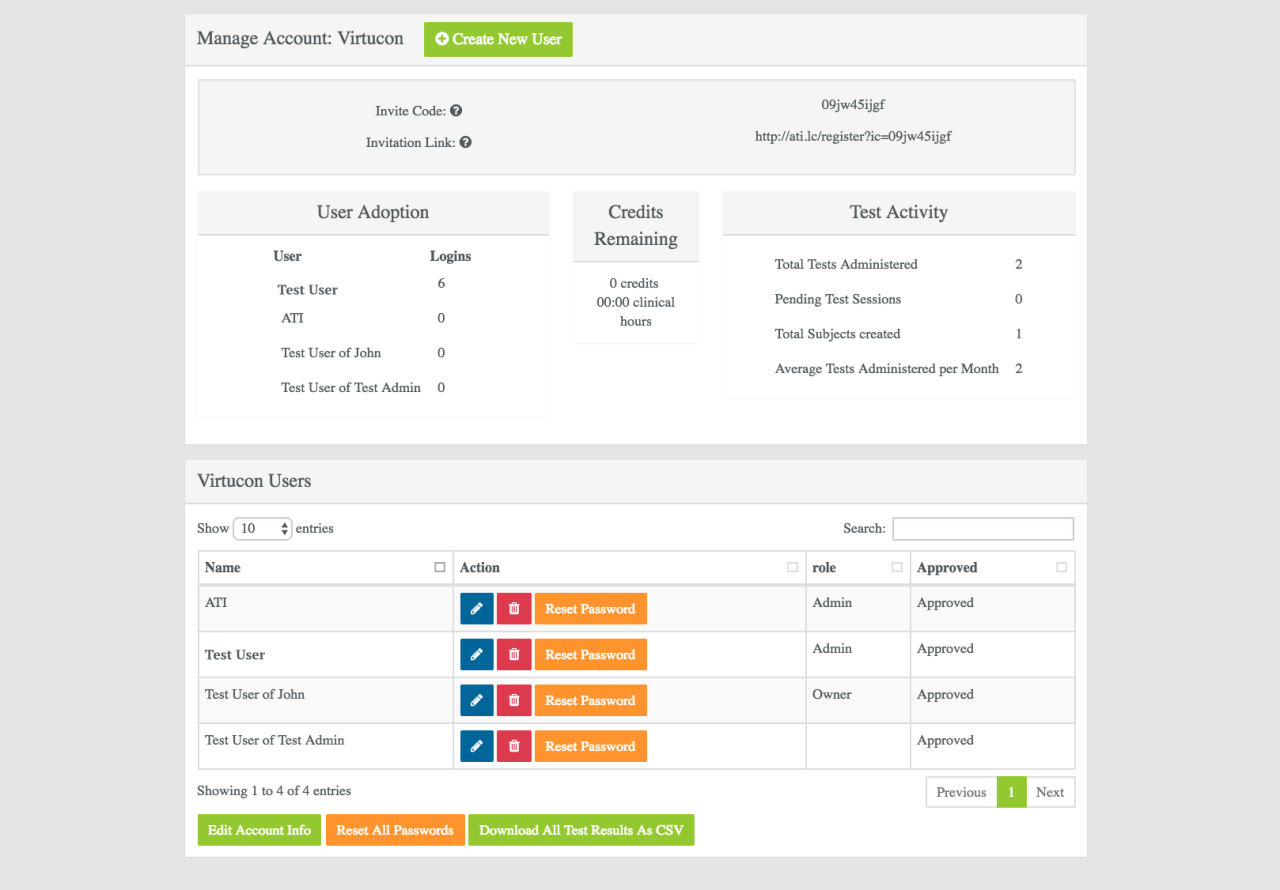Akamai Technologies Competitors: CDN Market Landscape
Akamai Technologies Competitors: In the dynamic world of content delivery networks (CDNs), Akamai Technologies stands as a prominent player, offering a robust suite of services to enhance website performance and […]
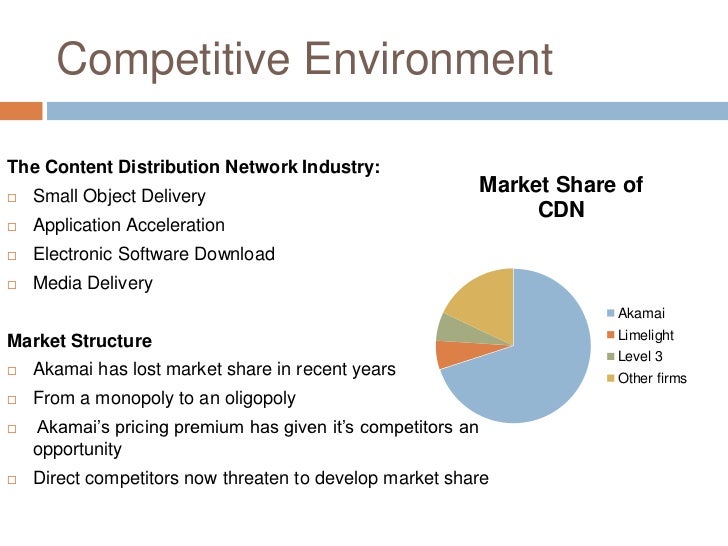
Akamai Technologies Competitors: In the dynamic world of content delivery networks (CDNs), Akamai Technologies stands as a prominent player, offering a robust suite of services to enhance website performance and user experience. However, Akamai faces fierce competition from a range of companies vying for market share in this ever-evolving landscape. This exploration delves into the key players, their offerings, and the competitive dynamics that shape this crucial sector of the internet infrastructure.
Understanding the competitive landscape is essential for anyone seeking to leverage CDN services. This analysis will highlight the strengths and weaknesses of Akamai’s competitors, providing insights into their market share, key offerings, and strategic advantages. By examining these factors, we can gain a comprehensive understanding of the competitive landscape and the challenges and opportunities that lie ahead for Akamai and its rivals.
Major Competitors

The Content Delivery Network (CDN) market is highly competitive, with several key players vying for market share. Akamai Technologies is a leading provider in this space, but it faces stiff competition from a number of established and emerging players.
Major Competitors: Industry Landscape
The CDN market is dominated by a few major players, with Akamai Technologies, Cloudflare, Fastly, and Amazon CloudFront being some of the most prominent. These companies offer a wide range of services, including content delivery, security, and performance optimization. The competitive landscape is characterized by intense competition, with companies constantly innovating and expanding their offerings to gain a competitive edge.
| Company Name | Key Offerings | Market Share | Strengths | Weaknesses |
|---|---|---|---|---|
| Akamai Technologies | Content Delivery Network (CDN), Security, Performance Optimization, Edge Computing | ~20% | Strong global network, extensive experience, enterprise-grade solutions | Pricing can be high, complex platform |
| Cloudflare | CDN, DDoS Protection, Web Application Firewall (WAF), DNS Services | ~15% | Strong focus on security, user-friendly interface, competitive pricing | Limited edge computing capabilities, less mature platform compared to Akamai |
| Fastly | CDN, Edge Computing, API Management, Security | ~10% | Strong edge computing capabilities, developer-friendly platform, innovative features | Smaller global network compared to Akamai and Cloudflare, less established |
| Amazon CloudFront | CDN, Security, Performance Optimization, Integration with AWS ecosystem | ~15% | Strong integration with AWS services, cost-effective, large global network | Limited customization options, reliance on AWS infrastructure |
The CDN market is expected to continue to grow in the coming years, driven by factors such as the increasing adoption of cloud computing, the rise of mobile devices, and the growth of e-commerce. This growth will likely lead to further consolidation in the market, as smaller players struggle to compete with the larger, more established companies.
Market Trends and Future Outlook
The CDN market is experiencing rapid evolution, driven by several key trends that are reshaping the landscape and influencing the competitive dynamics. These trends are creating new opportunities for players like Akamai while also presenting challenges that require strategic adaptation.
Impact of Edge Computing, Akamai technologies competitors
Edge computing is a significant trend that is changing the way content is delivered and processed. It involves bringing computation and data storage closer to users, reducing latency and improving performance. This approach is particularly relevant for CDNs, as it enables them to deliver content faster and more efficiently. Edge computing empowers CDNs to:
- Reduce latency: By processing requests closer to users, edge computing minimizes the distance data travels, leading to faster response times and improved user experience.
- Enhance security: Edge computing allows for distributed security measures, making it more difficult for attackers to target sensitive data.
- Enable real-time personalization: By processing data at the edge, CDNs can personalize content and services in real time, based on user location, preferences, and behavior.
Akamai is actively investing in edge computing capabilities, expanding its global network and developing innovative solutions to leverage this trend. The company’s edge computing platform, Akamai Intelligent Platform, offers a range of services, including content delivery, security, and application performance optimization.
5G’s Influence on Content Delivery
The widespread adoption of 5G technology is expected to significantly impact the CDN market. 5G’s faster speeds and lower latency will enable new content delivery models and applications, creating opportunities for CDNs to cater to these evolving needs. The key impact of 5G on CDNs is:
- Increased bandwidth demands: With 5G’s higher speeds, users will consume more data, requiring CDNs to scale their infrastructure and optimize content delivery for higher bandwidth demands.
- Real-time streaming and immersive experiences: 5G’s low latency makes real-time streaming and interactive applications possible, creating opportunities for CDNs to support these new experiences.
- Growth of edge computing: 5G’s distributed network architecture complements edge computing, further accelerating the adoption of this technology and creating new opportunities for CDNs.
Akamai is well-positioned to capitalize on the 5G revolution, with its extensive global network and expertise in content delivery. The company is actively developing solutions to optimize content delivery for 5G networks, including edge caching, content optimization, and security services.
Cloud Adoption’s Role in CDN Evolution
The rise of cloud computing has also transformed the CDN market. Cloud-based CDNs offer several advantages, such as scalability, flexibility, and cost-effectiveness, making them an attractive option for businesses of all sizes. The cloud’s impact on CDNs is:
- Increased flexibility and scalability: Cloud-based CDNs provide on-demand scaling, allowing businesses to adjust their infrastructure based on their needs.
- Simplified management and deployment: Cloud CDNs offer easy-to-use interfaces and automated tools, simplifying the management and deployment of content delivery services.
- Cost-effective solutions: Cloud CDNs typically offer pay-as-you-go pricing models, reducing the upfront costs associated with traditional CDN solutions.
Akamai is actively adapting to the cloud-first environment, offering both traditional and cloud-based CDN solutions. The company’s cloud-based CDN platform, Akamai Cloud, provides a range of services, including content delivery, security, and application performance optimization.
Strategic Considerations for Akamai
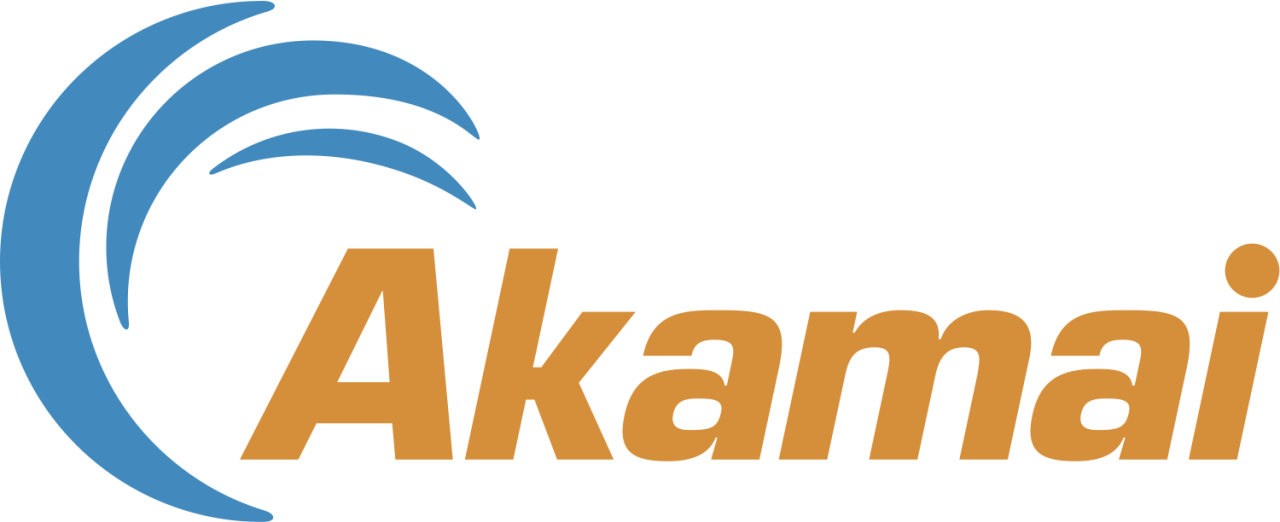
Akamai Technologies, a leading content delivery network (CDN) provider, faces a dynamic and competitive landscape. To maintain its leadership position, Akamai must adopt strategic initiatives that address evolving market demands and technological advancements.
Maintaining Competitive Edge
Akamai can strengthen its competitive edge by focusing on innovation, strategic partnerships, and customer-centric solutions.
- Investing in Emerging Technologies: Akamai should prioritize research and development in areas like edge computing, artificial intelligence (AI), and blockchain. These technologies can enhance its CDN services, enabling faster content delivery, improved security, and personalized user experiences.
- Strategic Acquisitions and Partnerships: Acquiring or partnering with complementary technology companies can expand Akamai’s service offerings and reach new markets. For example, partnerships with cloud providers or cybersecurity firms can enhance its cloud-based services or strengthen its security capabilities.
- Customer-Centric Approach: Akamai should focus on understanding and addressing the specific needs of its customers. This involves offering tailored solutions, providing exceptional support, and actively seeking feedback to improve its services.
Opportunities for Growth and Expansion
Akamai can leverage its existing strengths to expand into new markets and service offerings.
- Expanding into Emerging Markets: With increasing internet penetration in developing countries, Akamai can expand its geographic reach by establishing local data centers and partnering with regional service providers. This will enable it to cater to the growing demand for CDN services in these markets.
- Developing New Service Offerings: Akamai can explore new service offerings that leverage its expertise in edge computing and content delivery. This could include services like edge-based security solutions, video streaming optimization, and personalized content delivery.
- Focus on Vertical Markets: By specializing in specific industry verticals, Akamai can tailor its services to meet the unique requirements of different businesses. This could involve offering specialized solutions for industries like e-commerce, gaming, or healthcare.
Potential Risks and Challenges
Despite its strong market position, Akamai faces several potential risks and challenges.
- Increased Competition: The CDN market is becoming increasingly competitive, with new players entering the market and established players expanding their offerings. Akamai needs to stay ahead of the curve by constantly innovating and differentiating its services.
- Cybersecurity Threats: As cyberattacks become more sophisticated, Akamai must invest in robust security measures to protect its network and customer data. This includes implementing advanced security technologies and developing strong security protocols.
- Regulatory Changes: The regulatory landscape for data privacy and security is constantly evolving. Akamai needs to stay abreast of these changes and ensure its services comply with relevant regulations.
Closing Notes: Akamai Technologies Competitors
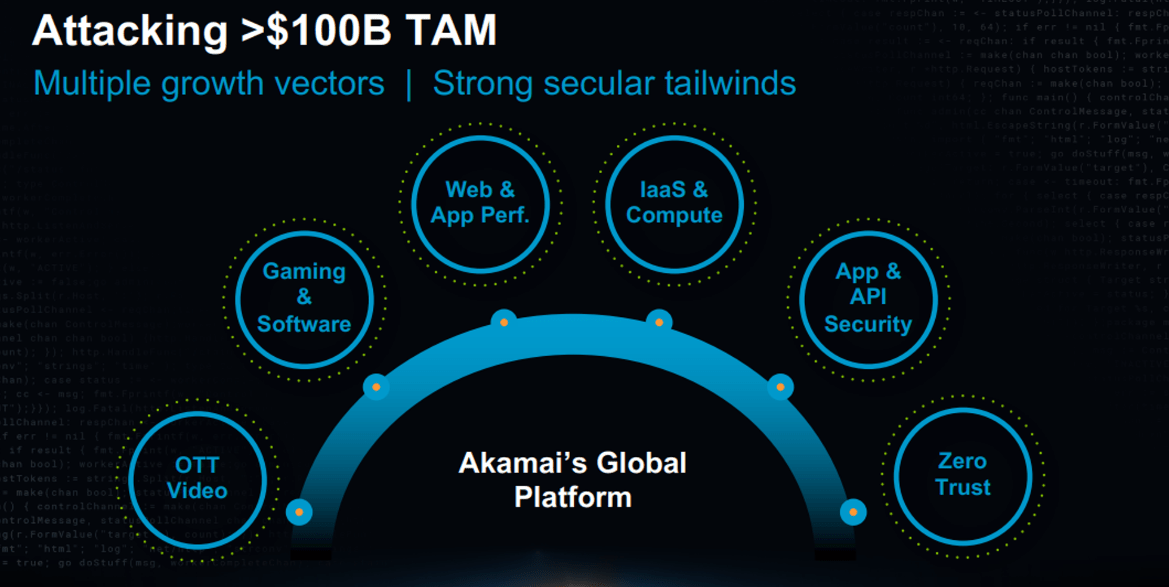
The CDN market is a dynamic and competitive space, characterized by constant innovation and evolving user demands. Akamai Technologies and its competitors are continuously striving to enhance their offerings, expand their reach, and adapt to the ever-changing technological landscape. As edge computing, 5G, and cloud adoption continue to reshape the digital landscape, the CDN market is poised for further growth and evolution. This competitive environment will continue to drive innovation, ensuring that users benefit from faster, more reliable, and more secure online experiences.
While Akamai Technologies faces competition from companies like Cloudflare and Fastly in the content delivery network space, there’s a whole different world of technology outside of the digital realm. For example, the cold chain technologies in Elgin, IL are crucial for maintaining the integrity of perishable goods, which is a different kind of “delivery” altogether.
Returning to the digital realm, Akamai’s competitors are constantly innovating, making the landscape of content delivery services a dynamic and ever-evolving one.
